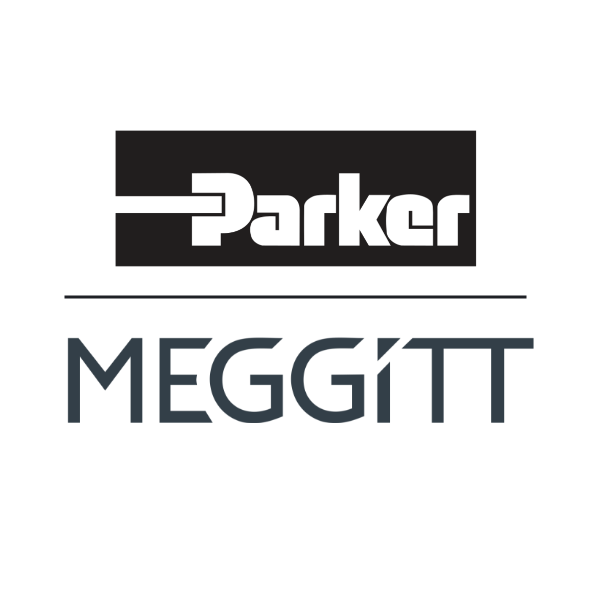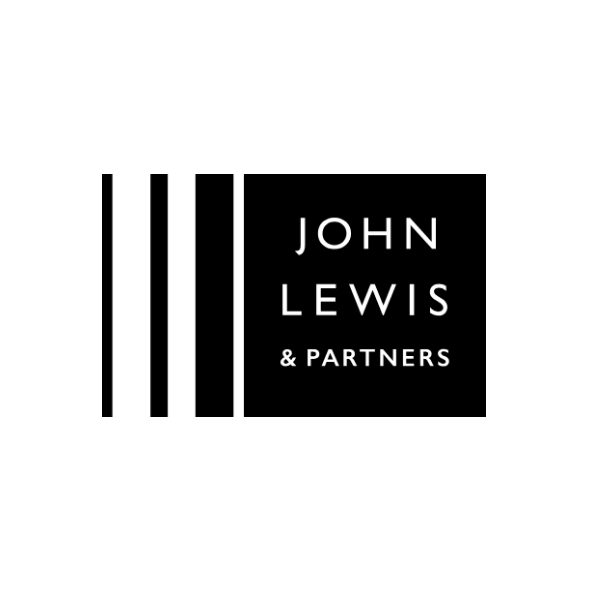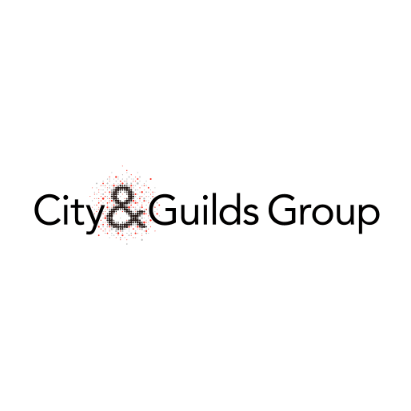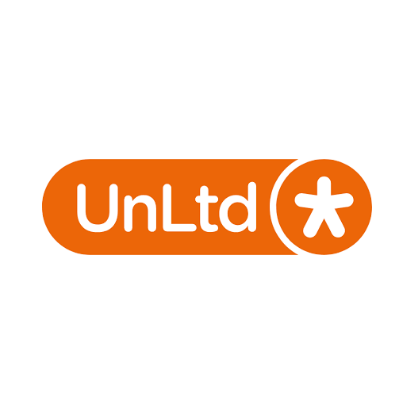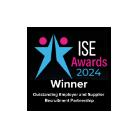Work Experience In A Changing World: Addressing Barriers & Building Pathways
This article is written by David Allison – CEO & Founder of TheTalentPeople.
Work Experience has long been recognised as a critical bridge to employment for early talent, especially those from disadvantaged backgrounds. However, in an evolving job market, the traditional models of work experience are due for a transformation.
Last month, we had the opportunity to be a part of some research conducted by Movement to Work in conjunction with Accenture and Oxford Insights. This research highlighted the specific challenges that those Not in Employment Education or Training (NEET) face when confronted with the ‘opportunities’ which AI presents. AI, of course, is only one dimension of challenges faced by this group, and more broadly those from lower socio-economic backgrounds and underrepresented groups.
A Vicious Cycle: Barriers to the Job Market
For those without exposure to the workplace, there still exists a vicious cycle; those without insight or experience of the world of work find it difficult to make it through almost any element of the recruitment process. They don’t have the experience to put on a CV, may not know the key points to include in a cover letter and certainly won’t have the examples to talk about at an interview.
Organisations that focus on these elements to screen and exclude applicants – and many do – are creating insurmountable barriers without giving any thought to the single most important factor in any early or future talent programme – potential. This cycle can be broken, but it requires a different approach to work experience, one that actively removes barriers rather than reinforces them.
Aside from the obvious; that they are missing out on those with significant potential, there are other challenges to consider too.
The Importance Of Employer Brand Diversity
Many organisations are struggling to recruit for certain roles. In many cases, this is because their employer brand does not reflect, or embrace, the wide range of occupations which power their performance.
Think about the world of retail; we can all picture the people we interact with in shops, but 1 in 5 employees typically work in roles which are critical to the shops themselves; accountants, lawyers, procurement, IT, logistics, HR, all of these are vital to success. Other sectors are more extreme; in the creative industries, less than 10% are those that we see; on stage or on screen. 90% of roles are therefore hidden.
Effective work experience is therefore critical on a number of different levels. It’s a vital stepping stone for many on their way to work. But it’s also vital for employers to help them achieve a diverse and engaged pipeline of individuals across all occupations. Reimagining work experience to reflect this diversity can transform recruitment, making a wider range of roles visible and accessible to future talent.
Reflecting On The World Of Work
There are some obvious challenges. Firstly, what exactly do we mean by work experience? Many schools are forced to focus activities on a work experience week for very practical reasons; scheduling, transport, health and safety checks. However, is this the best way to address the issues above?
Well-connected students (or rather students with well-connected parents) will probably be able to work those connections. How about those without connections? Those who, by definition, are going to be from a lower socio-economic background will not have the connections. And even those who are lucky enough to spend a week out of school in an area which interests them; how do they get experience of other occupations or sectors?
A career’s ‘choice’ by definition requires options to choose between. Our internal test is always whether an individual feels they have enough options to say ‘No’ to one which does not appeal.
And then, there’s the nature of work itself. Arranging for students to be in a business which had been through the appropriate risk assessment and health and safety checks used to be the big challenge. What they do when they get there, however, can be something of a lottery too. There is a very real challenge of finding meaningful ‘experience’ during work experience. Even – or even especially – in the largest organisations, keen volunteers who are doing their best to help, and said ‘of course we can help’ when asked (three months ago) find themselves needing to fill 7 hours a day for a whole week. Normally at a time when some crisis needs to be resolved…
And there’s more! the Office for National Statistics now reports that over 30% of us work from home. How do we provide work experience in this working environment?
So, the world of Work Experience needs to change to reflect the world of work. I don’t believe that anything truly replaces that ability to be in an office, workshop, factory, warehouse, or shop (where I did my first work experience). But… work experience can be so much more than this.
Embracing Hybrid Work Experience
We believe that work experience is critical on many levels, but it needs to be done in the right way. It needs to be part of a programme which meets organisations’ organisational goals – both talent and societal.
Work is increasingly hybrid, and a hybrid approach to work experience which brings together the best of virtual and remote experiences alongside the physical offers many benefits. An (online) experience that is well thought through, experiential and brings the organisation to life across all its occupations is powerful. Thoughtful engagement can bring this offering to a far wider demographic. Hybrid work experience which allows individuals from every background to engage, learn and receive meaningful feedback is arguably the only way to reflect today’s working practices.
Bridging The Gap Between Potential & Opportunity
Transforming work experience into a meaningful, accessible, and representative stepping stone isn’t just beneficial for young people and career changes – it’s essential for organisations looking to build a dynamic, engaged talent pipeline. By adopting a model that reflects today’s working environment, companies can not only meet their talent needs but also fulfil broader social goals.
For organisations seeking future-ready talent, hybrid work experience is more than just an adaptation – it’s an advantage. Through these programmes, we can break the cycle of exclusion and pave the way for a stronger, more diverse workforce.
If you’d like to find out more about our Work Experience solutions, let’s talk! You can get in touch with us here.

Your challenge, Our expertise: Bespoke Solutions.

We understand that everyone’s journey is unique, so we approach our clients and candidates with this in mind. You won’t find any off-the-shelf solutions here. Instead, you’ll discover a dedicated team committed to creating and delivering tailored solutions that cater to your specific needs and get real results.



